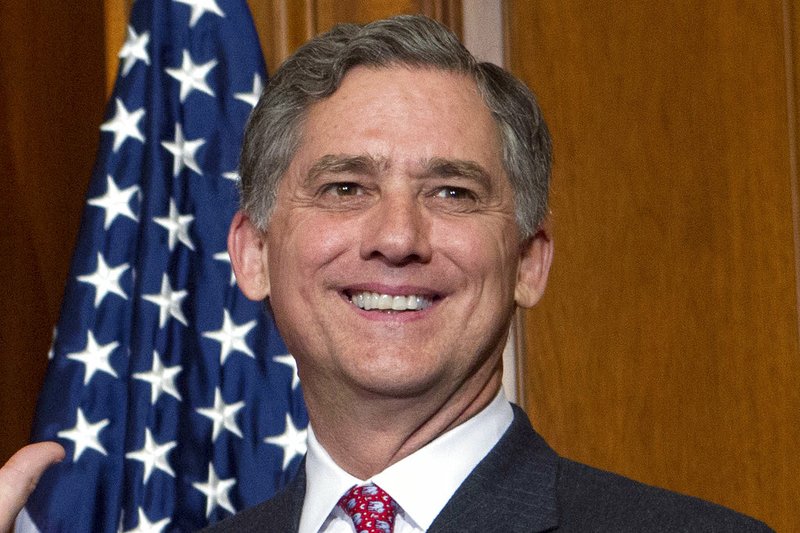US Representative French Hill blocked Brian Armstrong’s push for interest-paying stablecoins on Tuesday, shutting down any chance of Congress allowing users to earn yield on crypto like USDC, according to a report from Decrypt.
Hill, who chairs the House Financial Services Subcommittee, said the bills moving through both chambers were never meant to let stablecoins act like investments. He told reporters on Capitol Hill that lawmakers had already agreed those tokens should only work as a faster, cheaper way to move money—not as a way to earn interest.
Hill rejects Coinbase’s argument over stablecoin interest
This came just hours after Armstrong posted on X, demanding that Congress remove the yield ban from the current legislation. Brian said if lawmakers didn’t allow interest on stablecoins, they would be “putting [their] thumb on the scale to benefit” banks over crypto. He warned that without yield, stablecoins would be stuck under banking rules that favor traditional institutions while killing off real competition. But Hill made it clear that kind of thinking wasn’t going anywhere.
Hill said lawmakers across both the House and Senate already made their decision when they agreed to start moving stablecoin legislation forward. “That was a consensus that’s been established on both sides of the Hill, and it’s not really more complicated than that,” Hill said Monday afternoon. “It’s not going to be an investment per se. It’s meant to be payment.”
He responded directly to Brian’s point about the playing field being tilted toward banks. Hill said he didn’t agree with that view at all. “I don’t view it the same way I would view a bank account,” he said. “I hear the point of view, but I don’t think there’s consensus among the parties, or the chambers of Congress, on having dollar-backed payment stablecoins pay interest to the holders of that stake.”

Cody Carbone of Digital Chamber backed Brian publicly on X. “100% agree with Brian Armstrong,” Carbone wrote. “Unlocking yield-bearing stablecoins is how we extend U.S. dollar dominance into the digital future.” Carbone said interest payments on crypto would let people get better returns without relying on old-school banks. “Denying consumers onchain yield is not protecting them,” he said. “This isn’t about choosing banks or crypto. It’s about letting both compete fairly.”
He argued that regulated stablecoins paying interest would actually make the whole system stronger. Carbone said it would boost demand for U.S. Treasuries, help expand access to dollars globally, and give users more power.
“Let’s be clear,” Carbone said. “This is about economic freedom. A free market approach means consumers, not regulators, pick winners. Let yield-bearing stablecoins rise or fall based on merit, not protectionist policy.”
The STABLE Act keeps the door closed on consumer yield
Despite the growing pressure from Coinbase and the broader crypto industry, the latest draft of the STABLE Act (H.R. 2392) is sticking with the original rule: no interest for holders. The bill, which was supposed to bring stablecoins under regulation while helping innovation, still bans yield entirely.
Under the bill’s current terms, consumers get nothing in return for holding stablecoins. The issuers, like say Tether, collect interest on reserves, but the users holding those tokens see zero benefit. At the same time, banks keep charging monthly fees, overdraft fees, and every other kind of pointless fee they can think of.
And while banks benefit from the Fed’s high interest rate environment, they still pay close to nothing to the people whose money they hold.
So the situation is this: people holding fiat in banks are getting ripped off, and people holding stablecoins in wallets are getting nothing either.
Cryptopolitan Academy: Tired of market swings? Learn how DeFi can help you build steady passive income. Register Now






